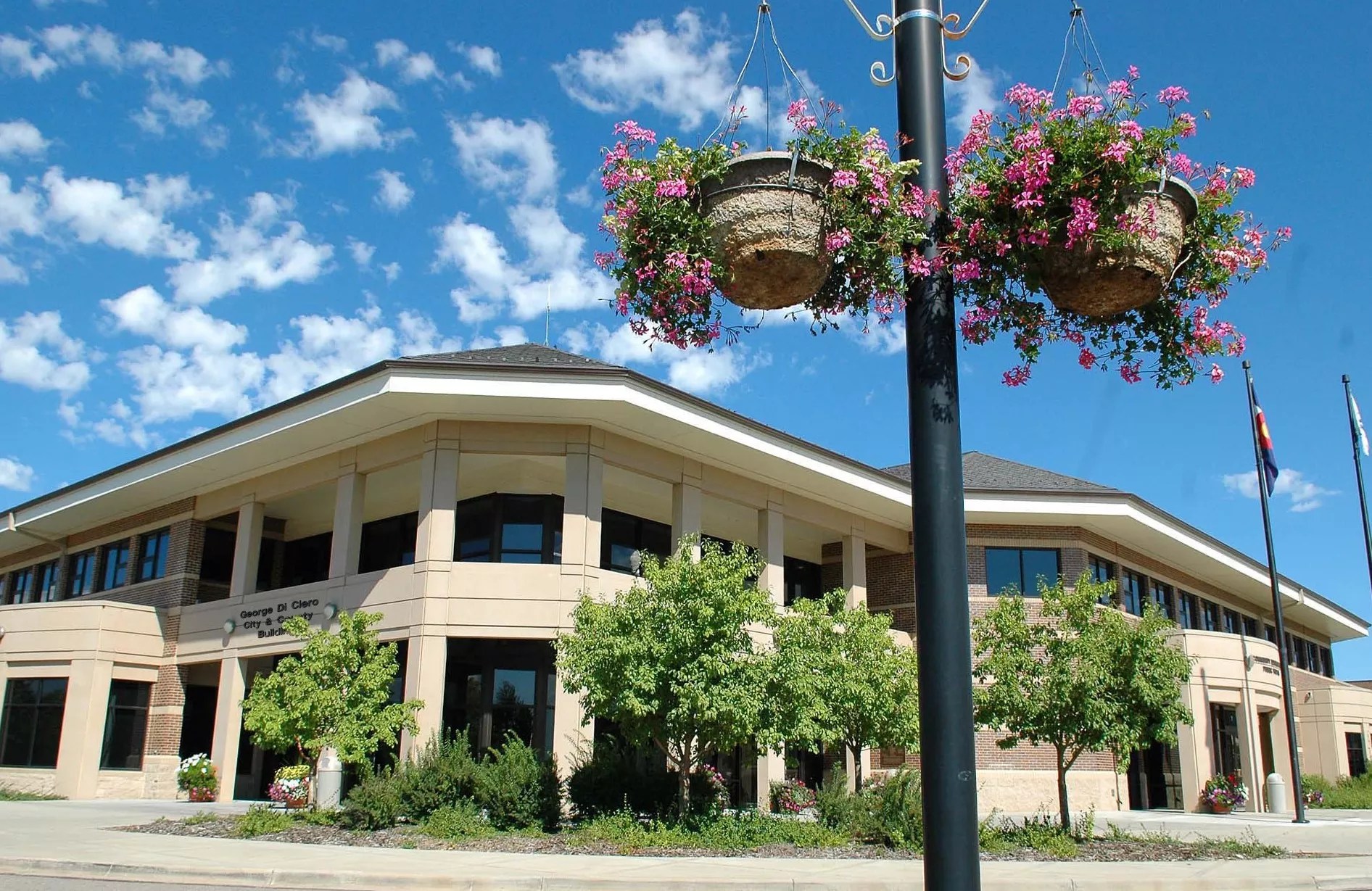
City of Broomfield

Audio By Carbonatix
Broomfield City Council is moving forward with a new set of commercial marijuana regulations after voters in the November election approved allowing dispensaries, and the council rejected a late push to limit the THC potency of dispensary products sold within the town.
The language approved by Broomfield voters established a sales-tax rate for marijuana businesses in Broomfield in order to comply with the Colorado Taxpayer Bill of Rights, but local rules and regulations remain up to the council, which opted to let a moratorium banning marijuana businesses end in February.
During the second and final reading of the proposed marijuana ordinance on March 17, two amendments were proposed suggesting that products containing more than 10 or 30 percent THC be banned from Broomfield dispensaries. One proposed amendment, introduced by Councilwoman Laurie Anderson, proposed banning any marijuana products testing above 10 percent THC, medical or recreational. A separate amendment proposed by Councilwoman Kimberly Groom would have banned any non-edible recreational product testing above 30 percent THC. Both amendments failed 7 to 3.
“Back in 2012, when the question to legalize marijuana in Colorado was brought forward, marijuana was less than 15 percent THC concentrate,” Anderson noted during the March 17 meeting. “We should not normalize a drug that is branded as medicine.”
Anderson’s numbers are questionable, at best, even if she was talking about flower and not concentrated products like bubble hash and wax, which test well above 30 percent THC and were available at medical marijuana dispensaries before 2012. However, her reasoning mimics current conversations playing out at the Colorado Legislature, where a bill proposing a statewide THC cap on recreational marijuana products is expected to drop this session.
Potency history aside, lawmakers and proponents of such limits believe there’s a very real concern about the number of children consuming concentrated THC products in today’s legalized market, with forms of solvent-based extracts testing anywhere from 60 to 95 percent, depending on the quality of the concentrate. According to the state Department of Public Health and Environment’s 2019 survey of Colorado public students, 52 percent of teenagers who admitted to smoking marijuana within the past month had done so via dabbing, or vaporizing THC concentrate. That number is up from 34.4 percent in 2017, and more than double the rate in 2015. Citing the need to protect developing brains, advocates of potency bans have become more vocal over the last two years, although Broomfield is the first municipality (that we know of) to consider a THC limit.
The majority of Broomfield’s councilmembers didn’t buy the idea of a limit, though; arguments against it ranged from increased black market activity to shutting out medical users who depend on stronger products.
“I’m a little annoyed that we’re bringing such a substantive amendment that we haven’t had time to analyze, that we don’t understand the repercussions from, [and] that we don’t have a thorough legal review of,” Councilman William Lindstedt said. “One of the best things about legalization was that these high-potency items became regulated. A lot of folks remember that before legalization, these still existed, and people were making them in their houses and blowing up their homes.”
The majority of popular, solvent-based marijuana extractions rely on explosive gases like butane or ethanol in the production process, leading to home explosions across Colorado and the rest of the country. The products made on the black market aren’t tested for contaminants or potency by state-licensed marijuana testing labs, making them even more dangerous to kids, argued Mayor Pro Tem Guyleen Castriotta.
“I just don’t think this will prevent young people from accessing cannabis concentrates. If high-potency cannabis is even close to as dangerous as the opponents claim, and they really do support cannabis legislation and regulation, then why on earth would they want to force these products into the illicit and unregulated market?” she asked the council. “All of the cannabis in the world was illegal for 100 years, and it was still easily accessible in high schools and colleges.”
Although the council rejected the potency limit proposals, it did adopt an amendment restricting outdoor and storefront marijuana advertising in Broomfield, as well as an additional proposal banning more than one dispensary from opening on the same street and another requiring dispensaries to scan customer IDs and confiscate any fake forms of identification. Another successful amendment rolled back a rule banning anyone under 21 from being in a car involved in a drive-thru dispensary transaction.
The ordinance was approved 9 to 1 after the amendments were considered. According to the city, the new rules will take effect May 3. Three dispensaries will be allowed to open during the first year of sales; two more dispensary licenses may be issued after a year of marijuana sales, for a total of five dispensaries in Broomfield.
Applications for Broomfield’s first dispensary licenses will be accepted from July 2 to August 31.